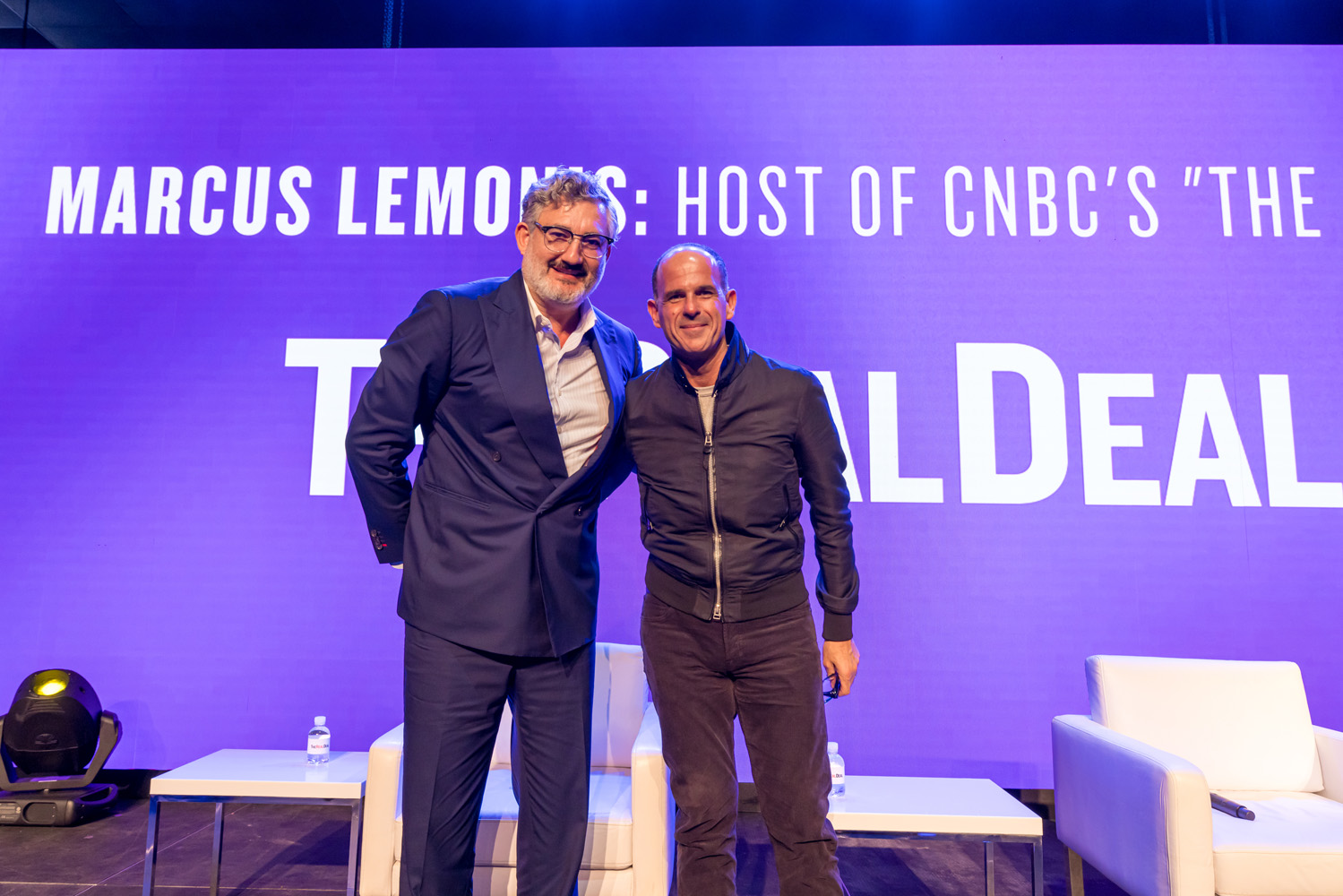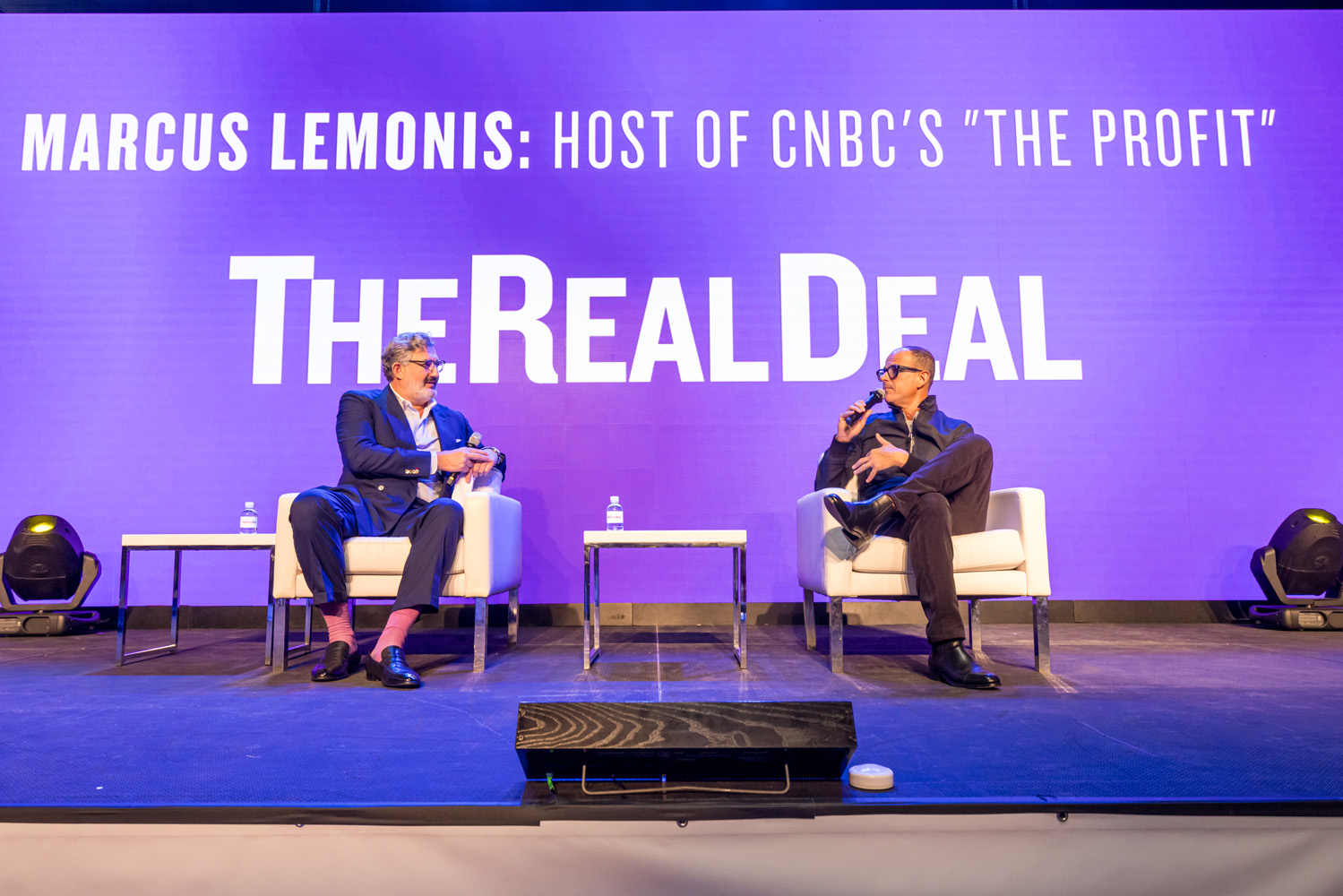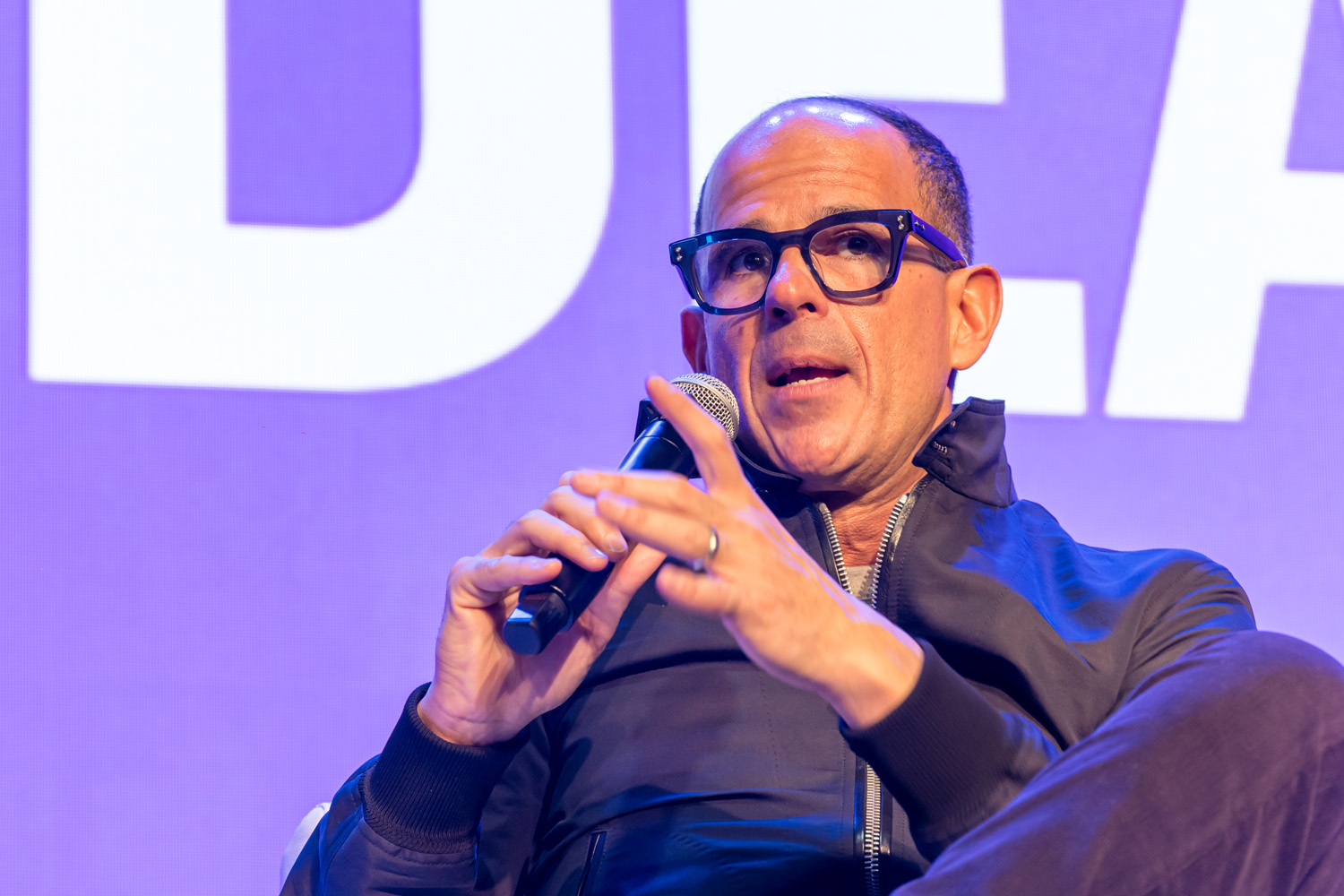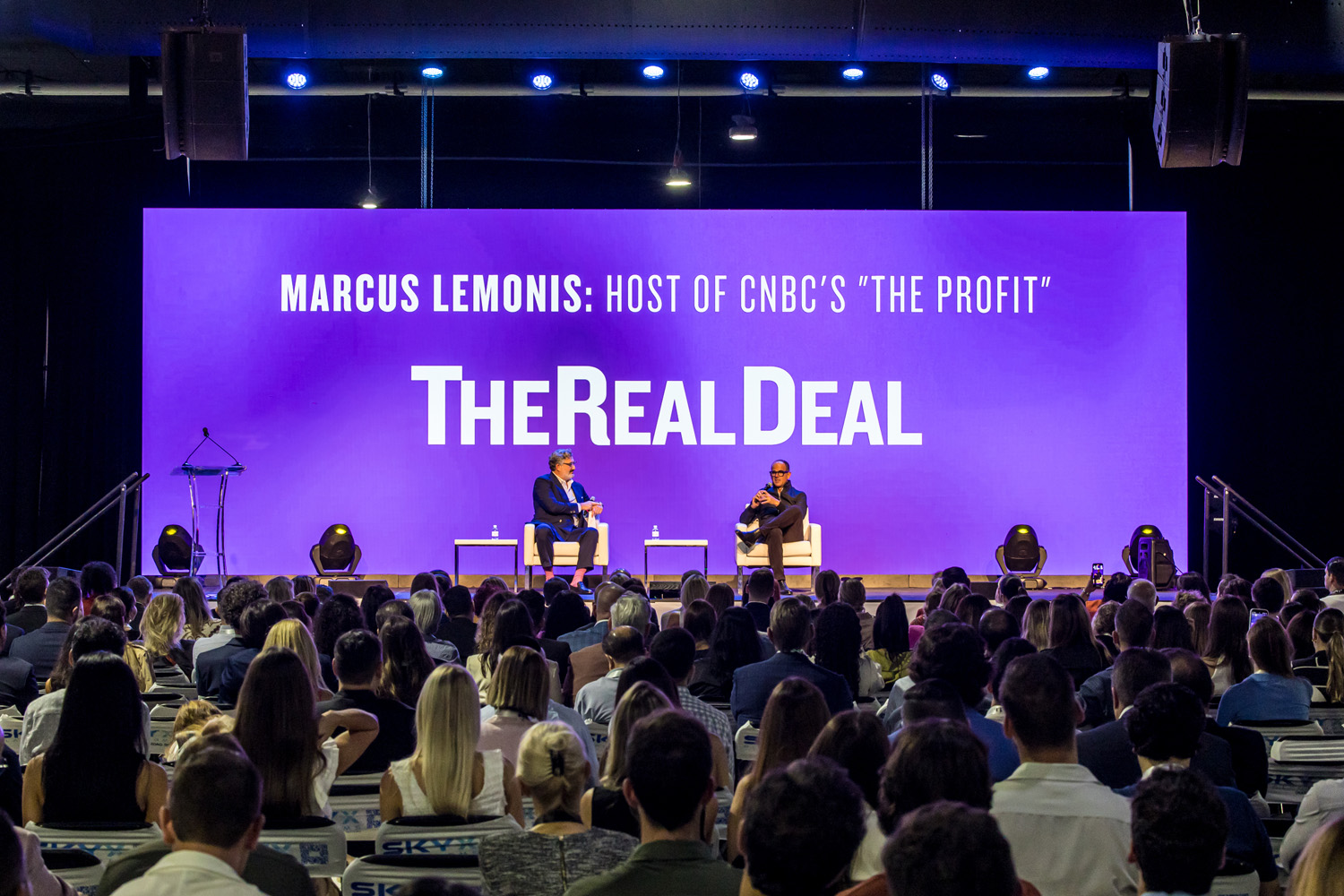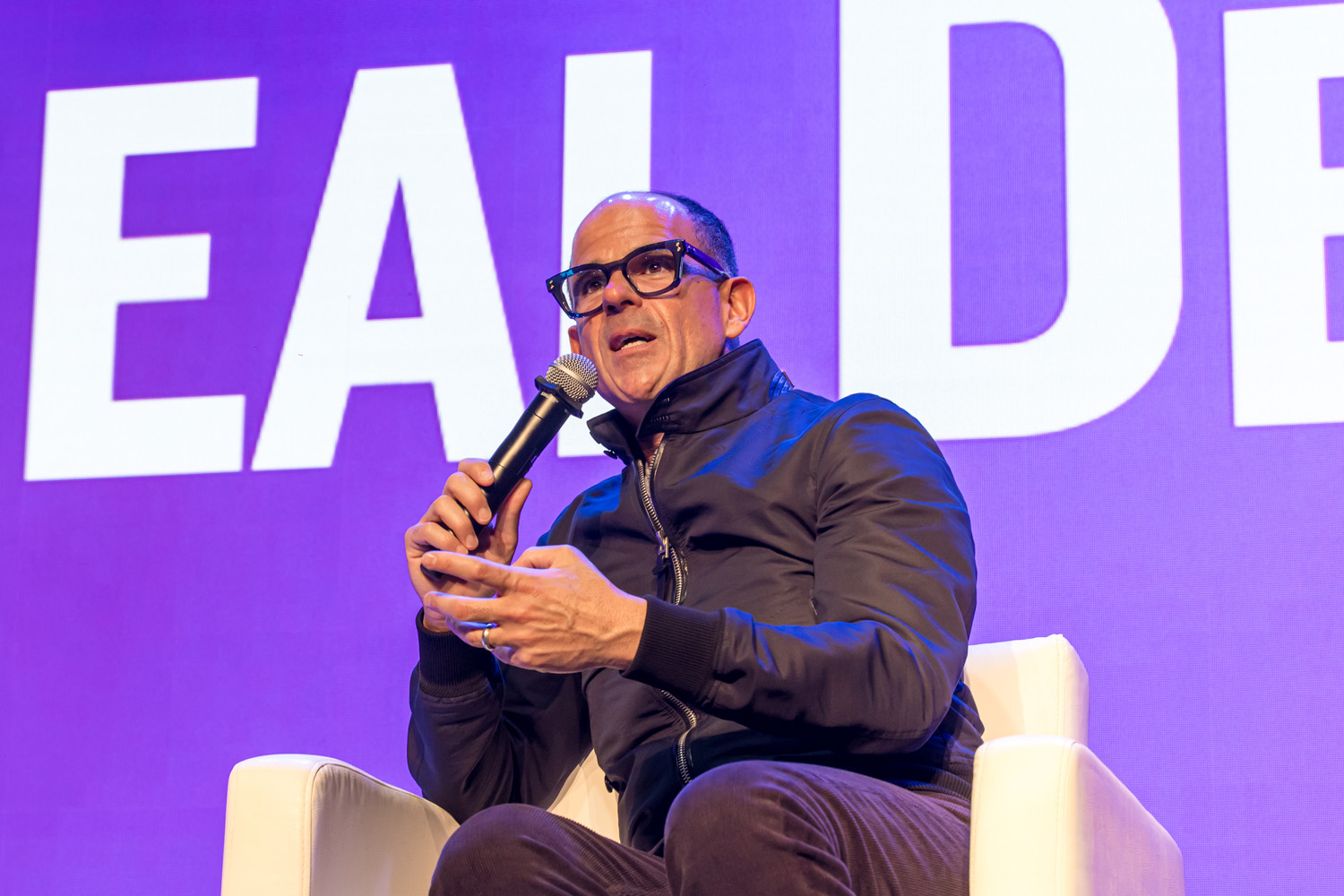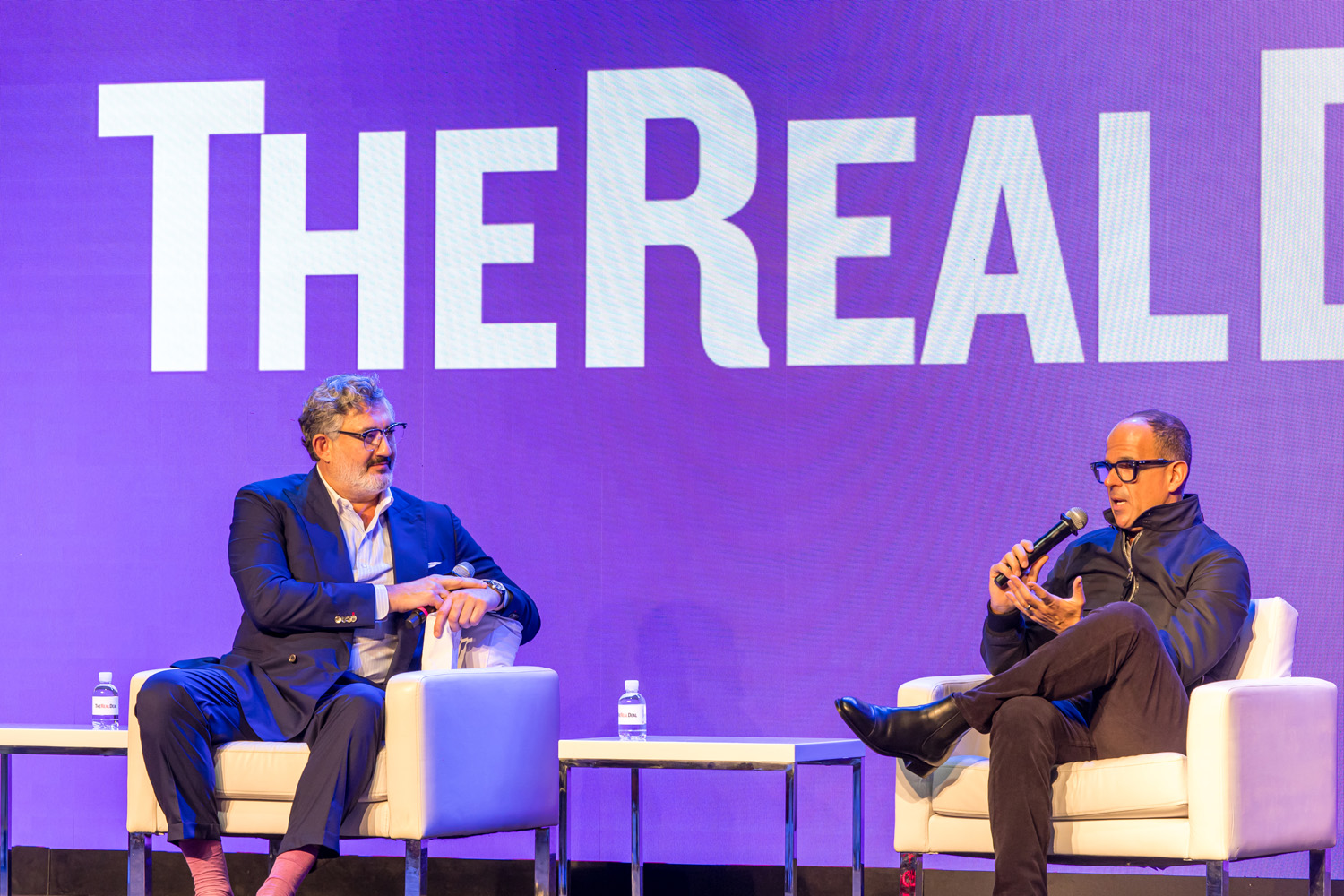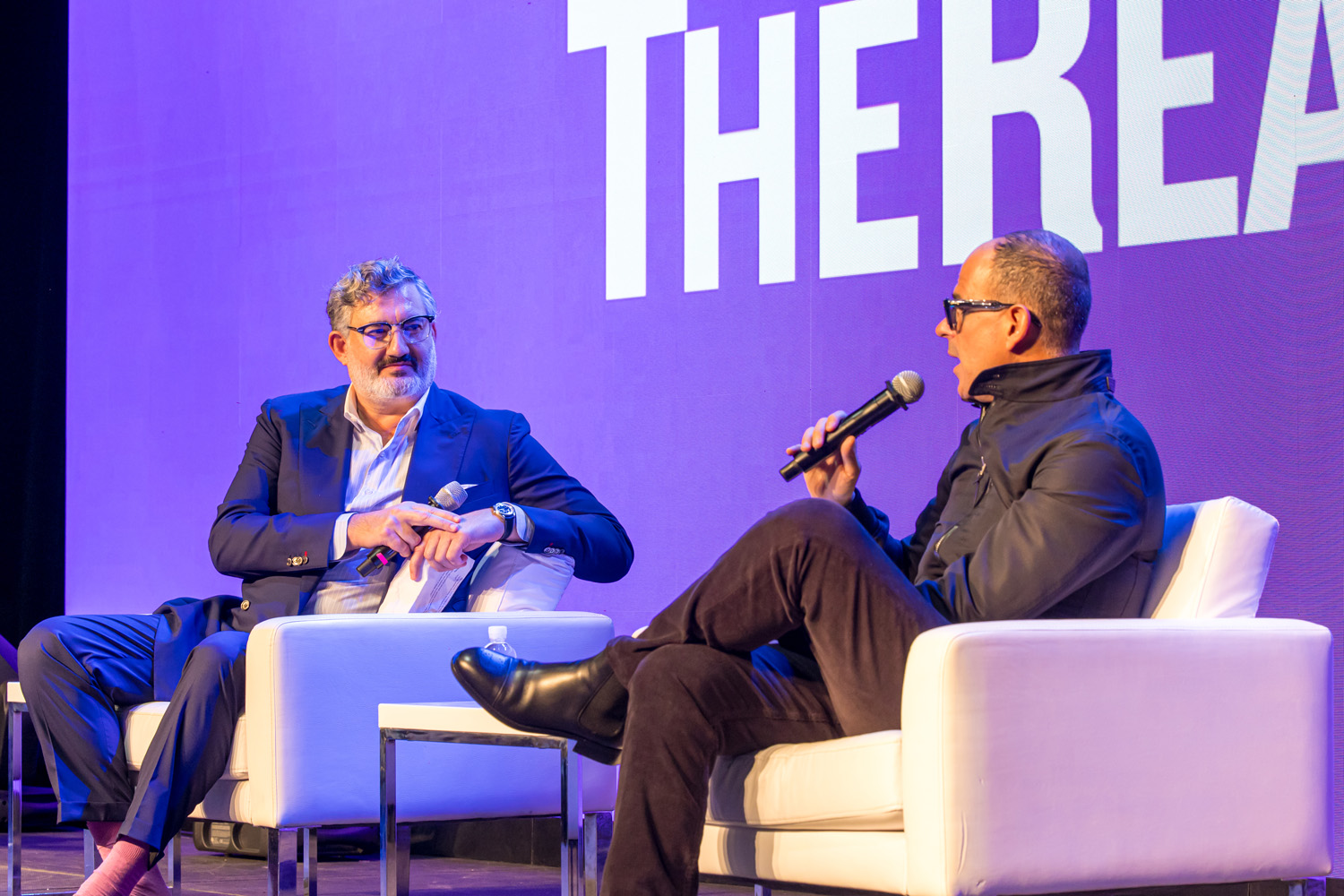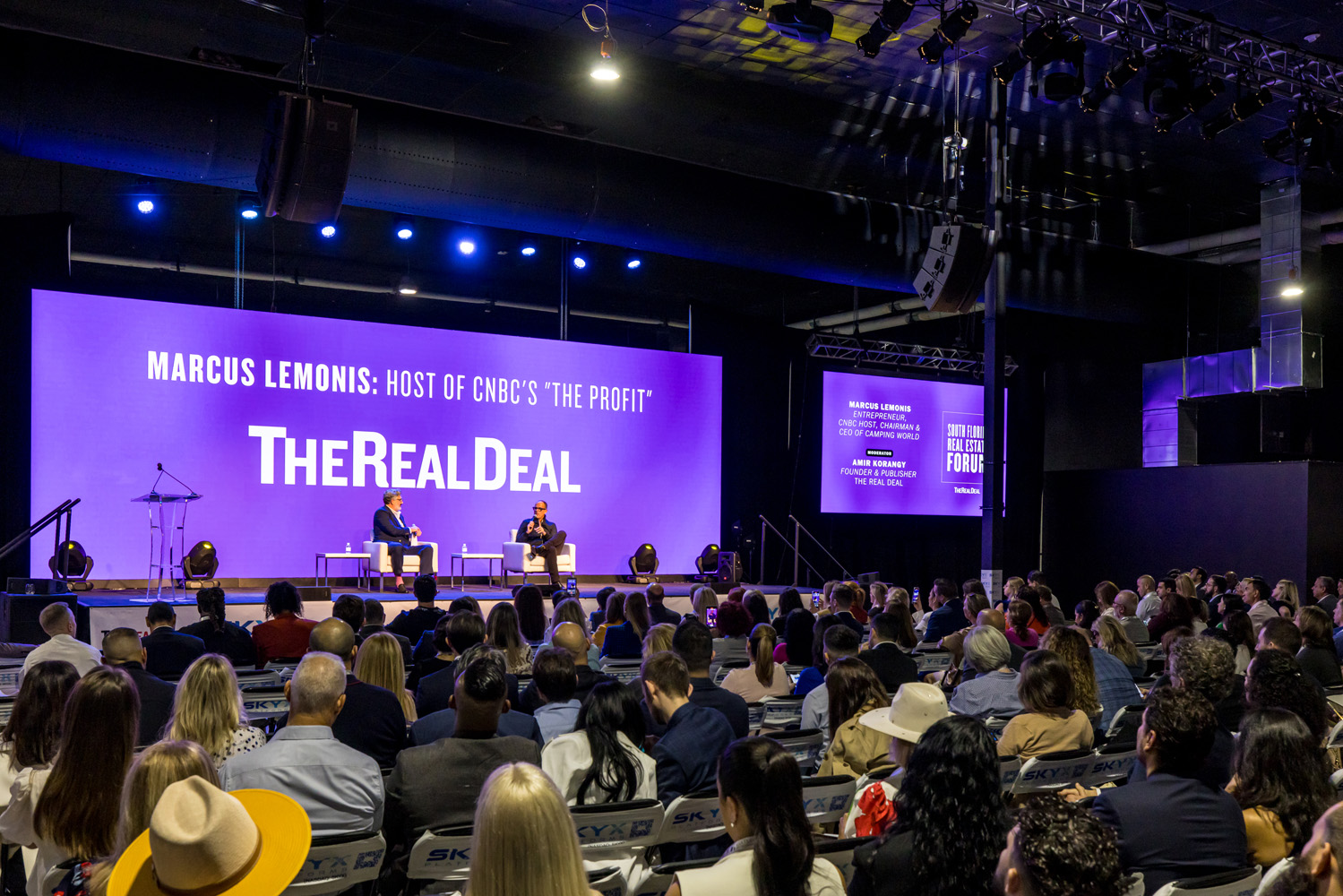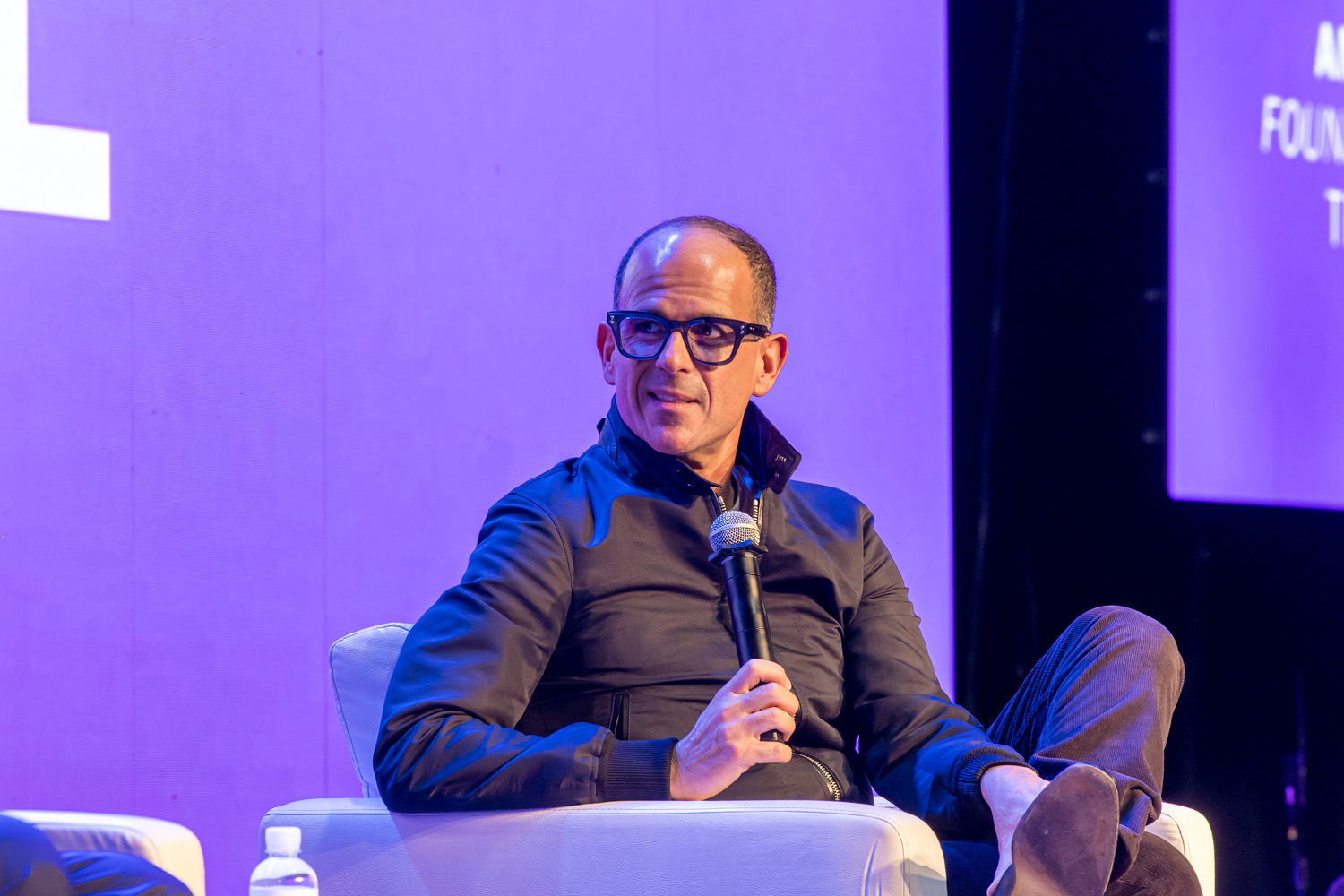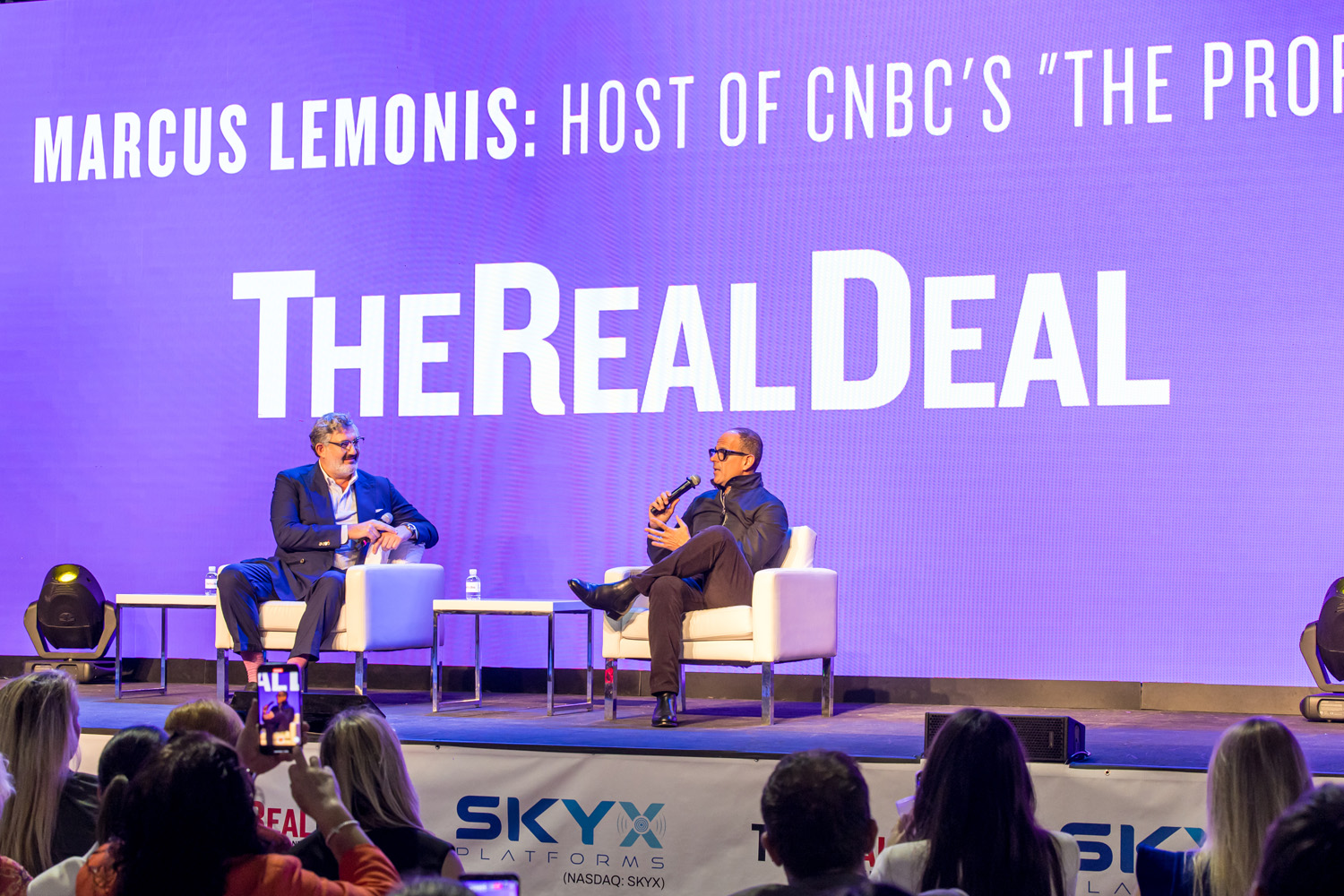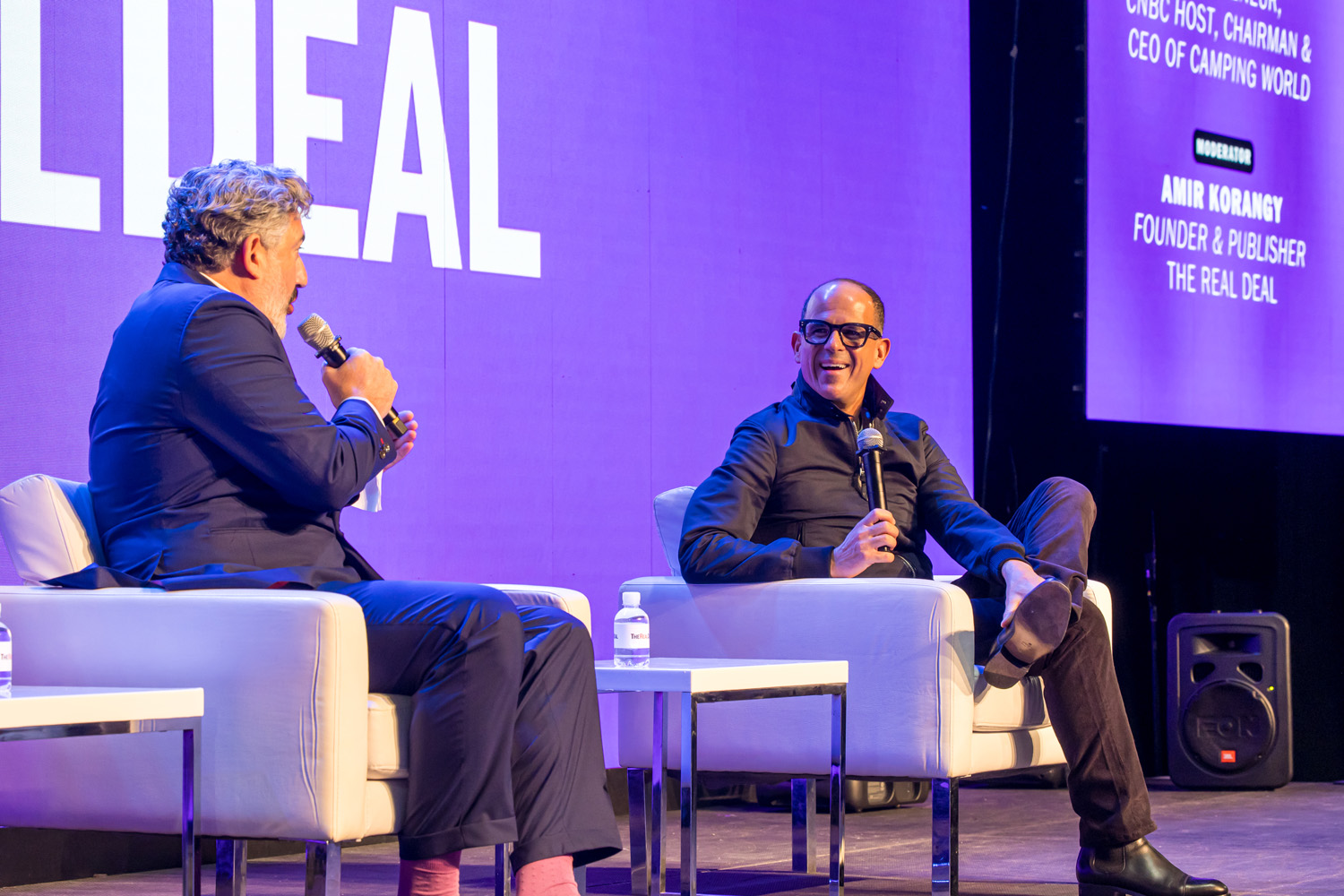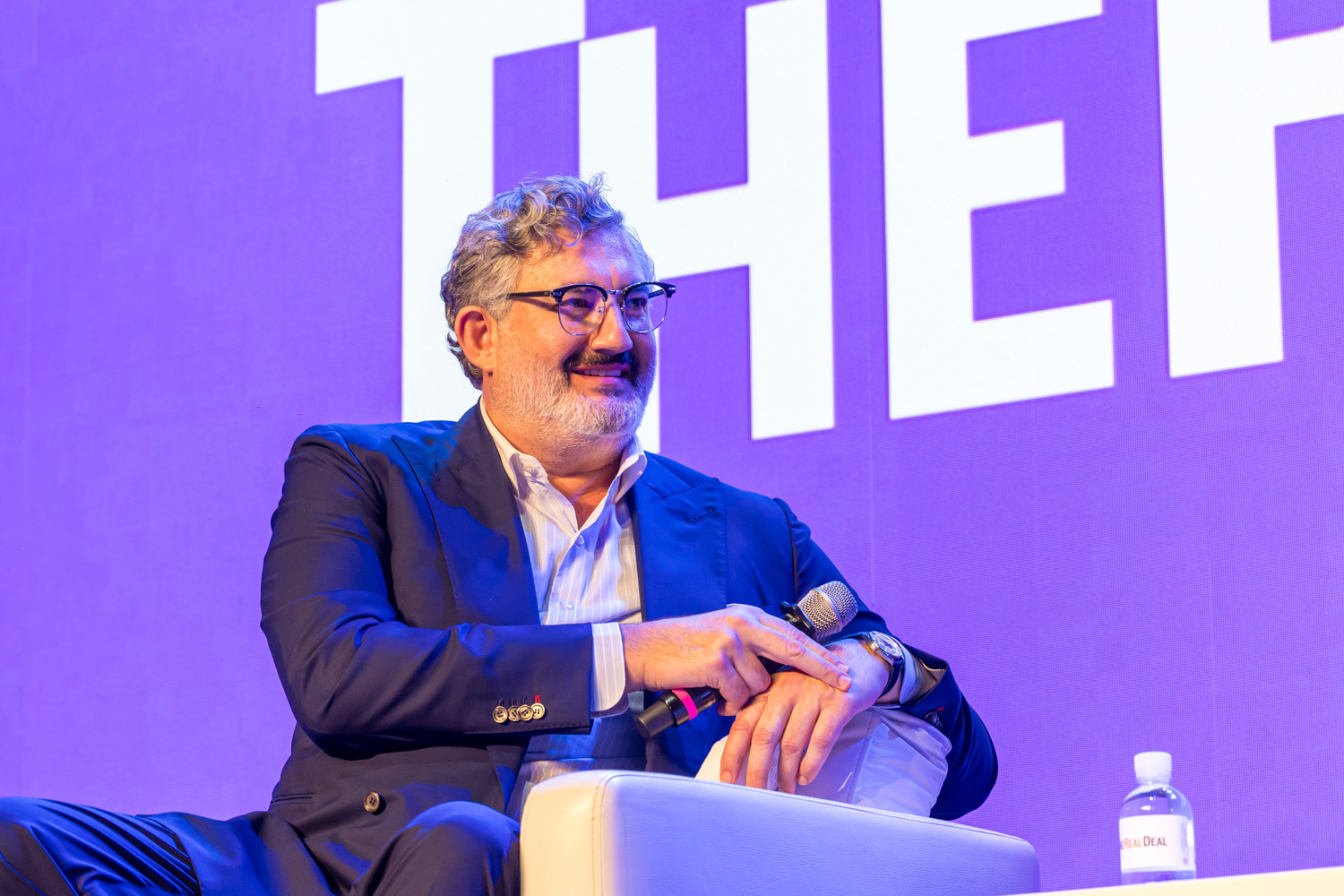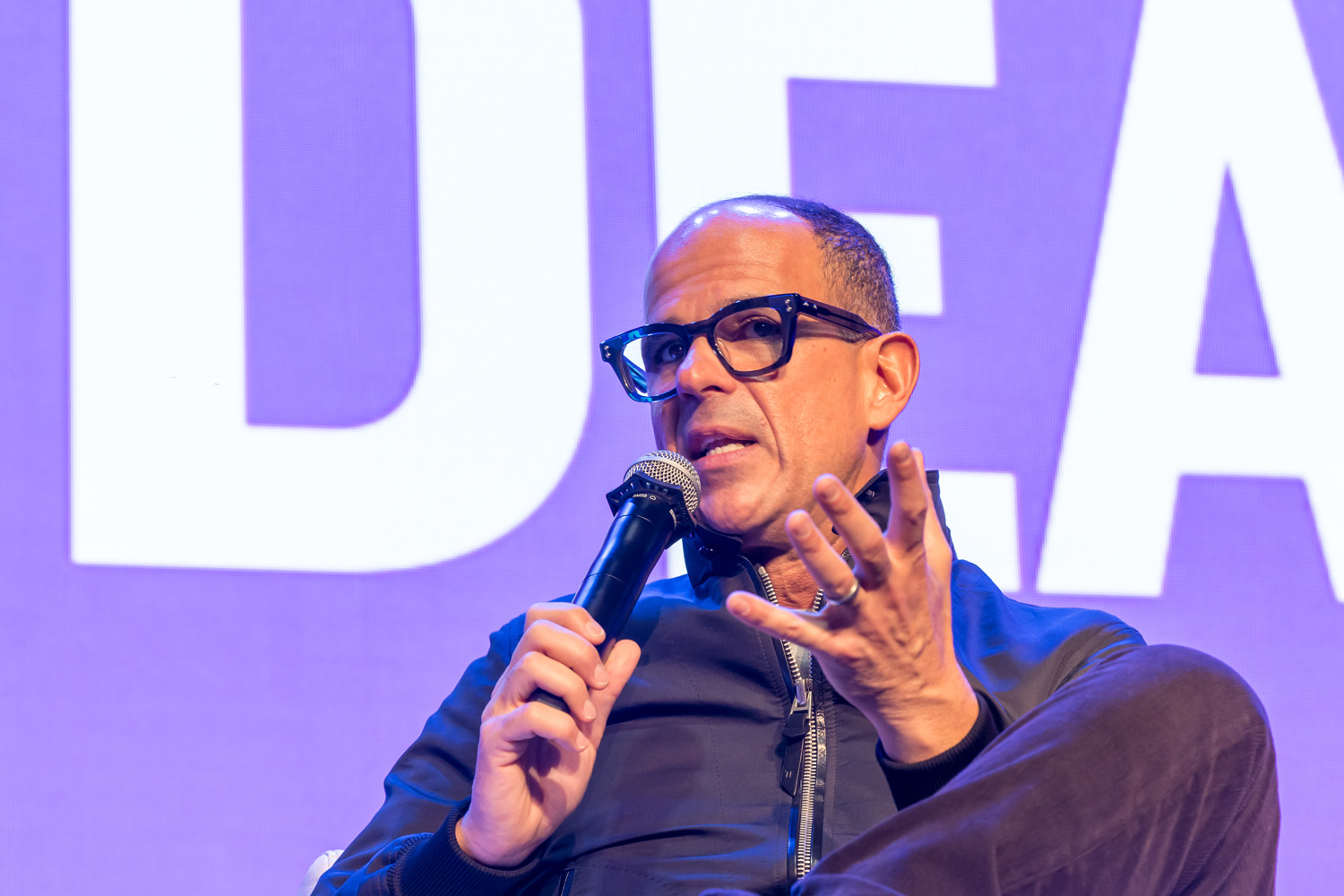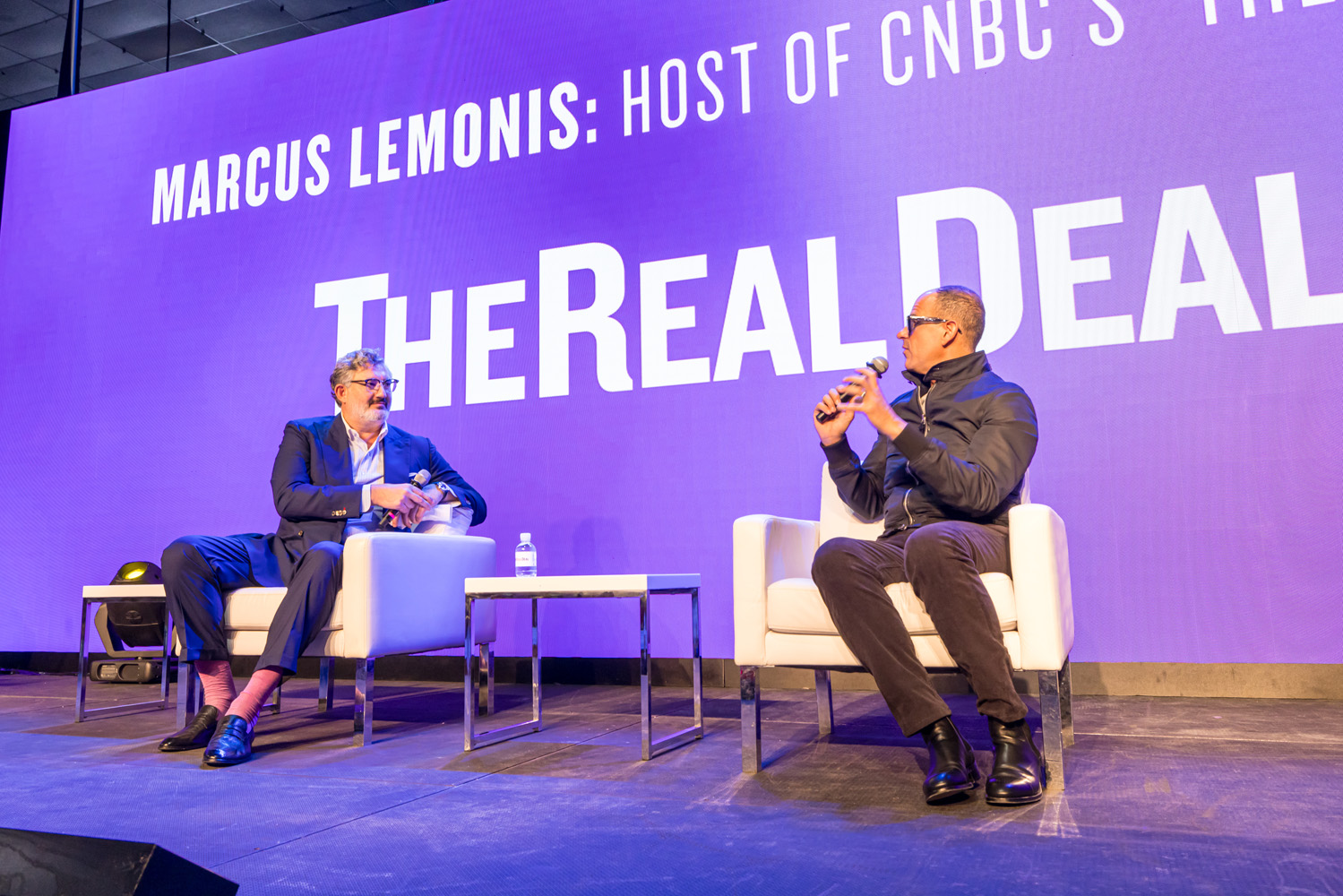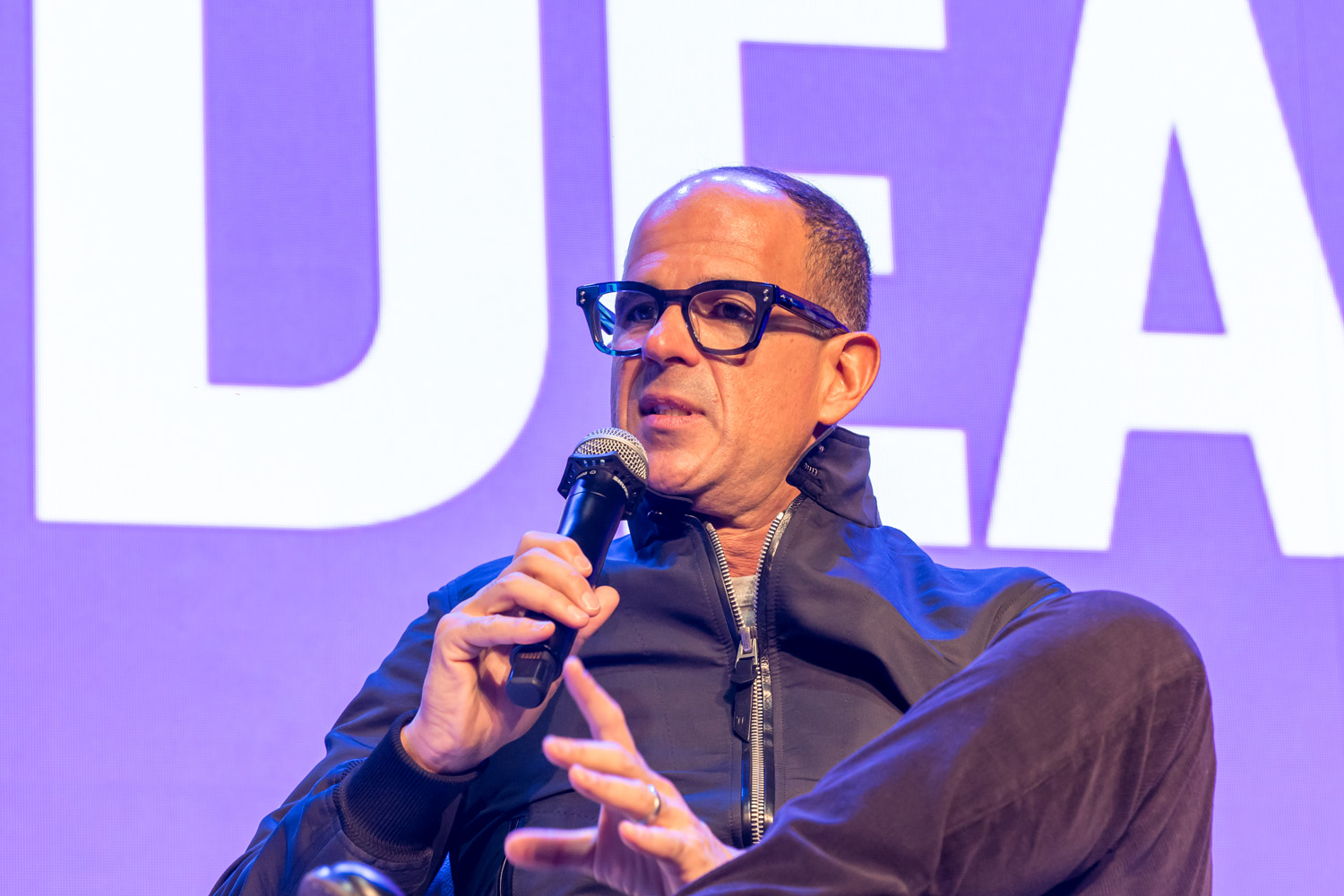For Marcus Lemonis, investing in real estate is “that single tool that can change somebody’s life.”
Implementing that tried-and-true method has paid off well for Lemonis, CEO of national retailer Camping World, which has amassed a $2 billion commercial real estate portfolio under his watch.
The Miami native was the keynote speaker at The Real Deal South Florida Showcase and Forum on Thursday, answering questions from publisher Amir Korangy on how real estate investments shaped his professional career.
Lemonis, star of CNBC’s “The Profit” and “The Renovator,” which previously aired on HGTV, discussed his approach to real estate investing, and leveraging it to create opportunities for people with lesser means than him. “The Profit” focuses on Lemonis helping turn around small businesses, and “The Renovator” follows him as he helps families find more value in their homes.
“I look at real estate as the single greatest asset to create generational wealth for every single person in this room,” Lemonis said. “Real estate for me is the gateway to true wealth more than anything else.”
Lemonis stressed the importance of being humble and keeping perspective, even when you’re transacting billions of dollars in real estate. “For those of you in commercial or residential real estate who take it for granted, take yourself back to your first deal,” Lemonis said. “I spent $267,500 buying my first home. I got a mortgage and paid a ridiculous rate. I had $905 as a down payment. It was the scariest moment of my life.”
By 2015, Lemonis’ wealth allowed him to essentially buy the entire town of Horton, Kansas, he told a crowd of more than 1,000 people in the panel room. “I bought 15 properties in [Horton’s] Main Street,” Lemonis said. “I met 700 people [and told them,] that I am willing to put my money into your town with zero expectation for a return.”
Lemonis also expounded on his criteria for investing in small businesses, noting that he’s lost about $50 million putting his faith in people who couldn’t deliver on their promises.
“I see every kind of proposal you can imagine,” he said. “I have learned that I needed to not be as trusting, and that I needed to [put things on paper] more. But even today, when I invest, it is on a handshake [agreement]. If you take advantage of me, that’s on you.”

